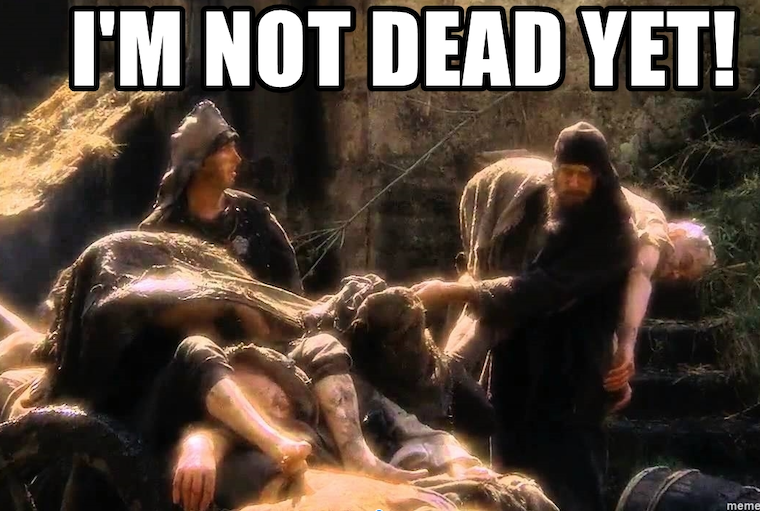Brewing since 1990.,This is the first beer I've ever made a second time to almost the exact same recipe. It gets a lot better with age. Finishing up a batch I bottled last March. Hops aren't British but they work. Made more today. If you question my process, I don't care, it works. Made my own invert syrup.
My mild. BIAB.
2.0 lb. Pale malt
12 oz. Light Munich malt
12 oz. white wheat malt
12 oz. invert sugar syrup made with turbinado
4.0 oz. chocolate malt (350L)
3.0 oz. crystal 240
Centennial 10.2% 0.30 oz. at 60 minutes
½ tsp gypsum and ½ tsp. salt added to the boil.
Lallemand Windsor yeast, rehydrated.
Mash-in at 153. Mash settled at 149F. Left in oven for 1-1/4 hours. Pulled bag, sparged bag, collecteda bout 4 gallons of wort. Boiled one hour. Added one quart of water during boil. Ended up with 3.75
gallons in the fermenter.
Added invert at end of boil. Chilled to 67F and pitched rehydrated yeast. OG 1.042





































![Craft A Brew - Safale S-04 Dry Yeast - Fermentis - English Ale Dry Yeast - For English and American Ales and Hard Apple Ciders - Ingredients for Home Brewing - Beer Making Supplies - [1 Pack]](https://m.media-amazon.com/images/I/41fVGNh6JfL._SL500_.jpg)




















